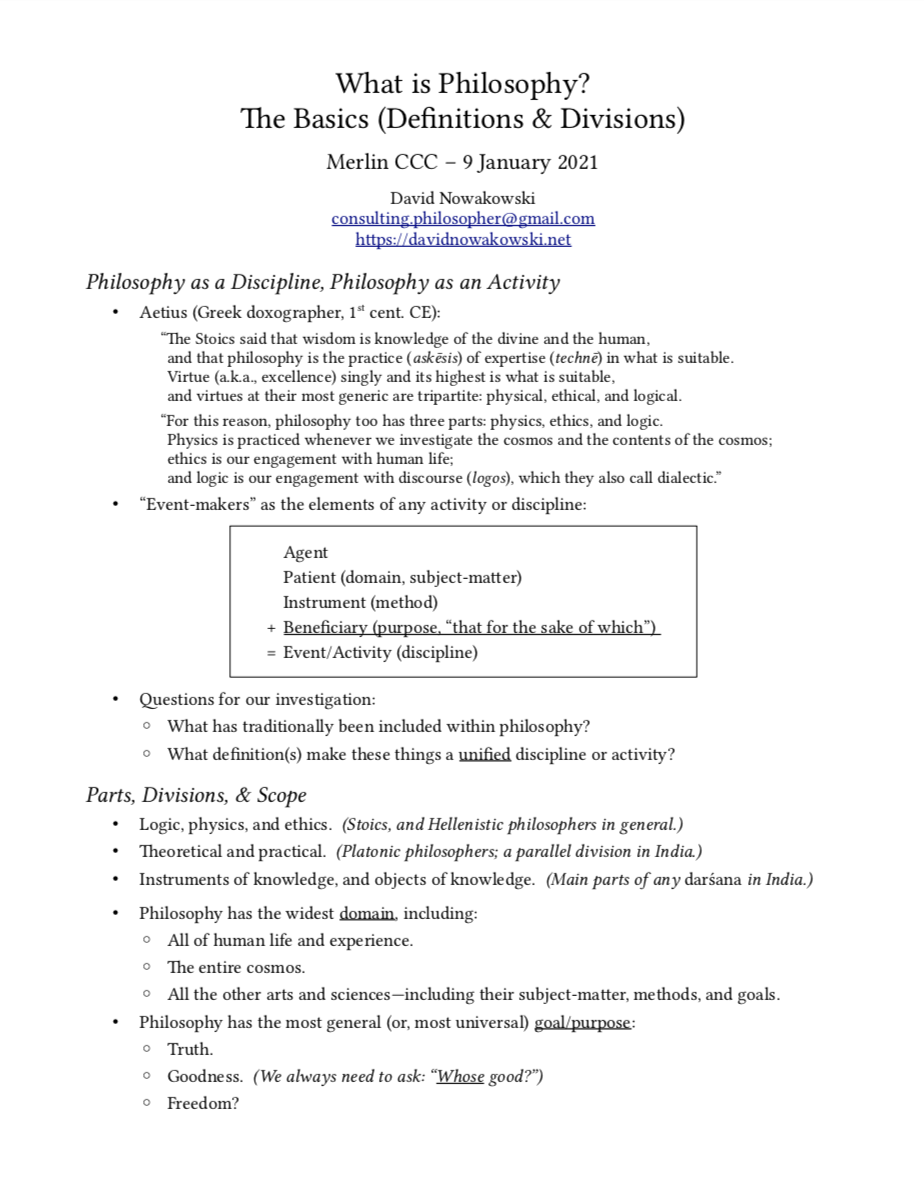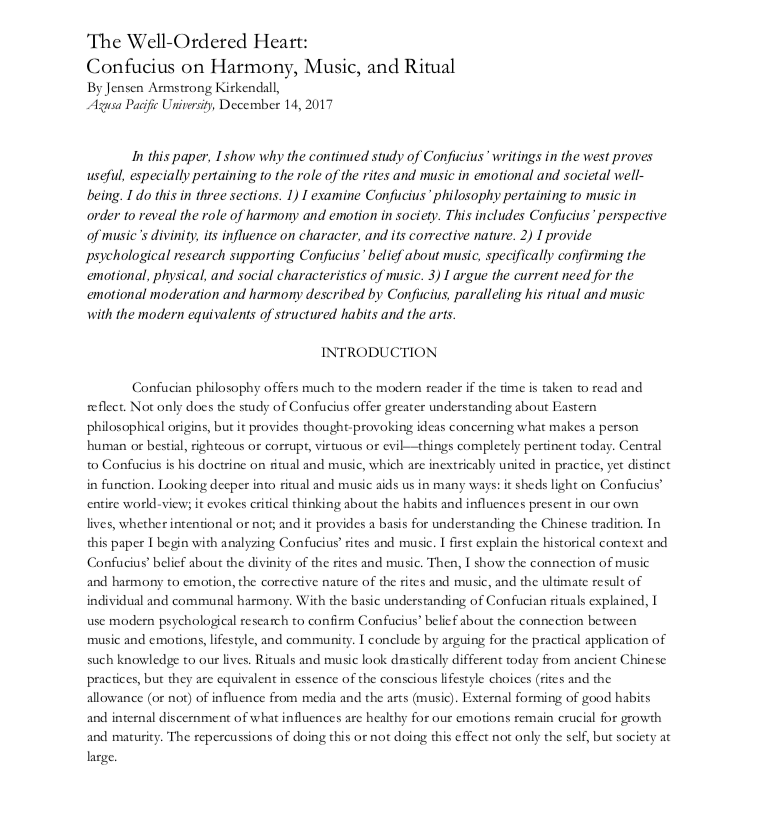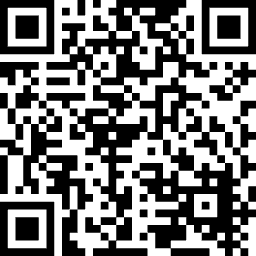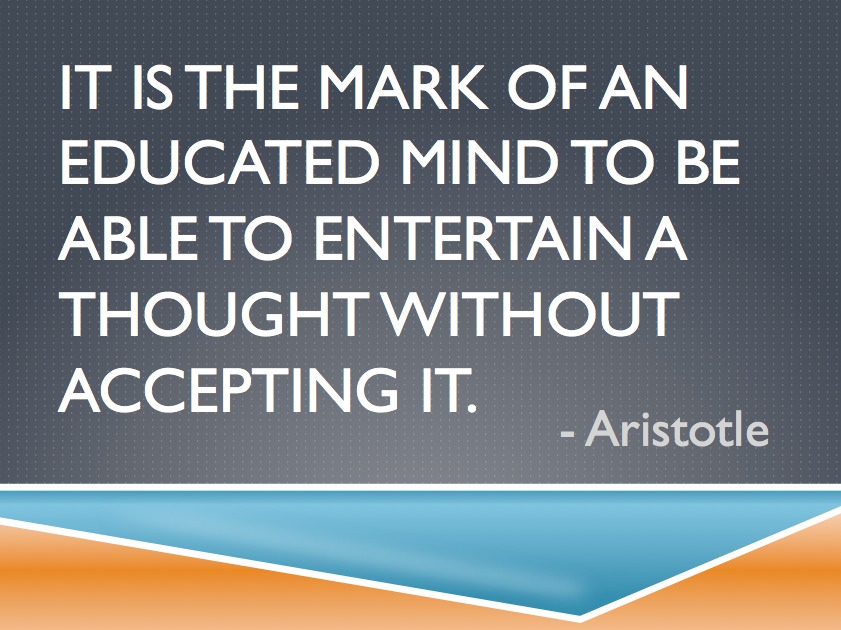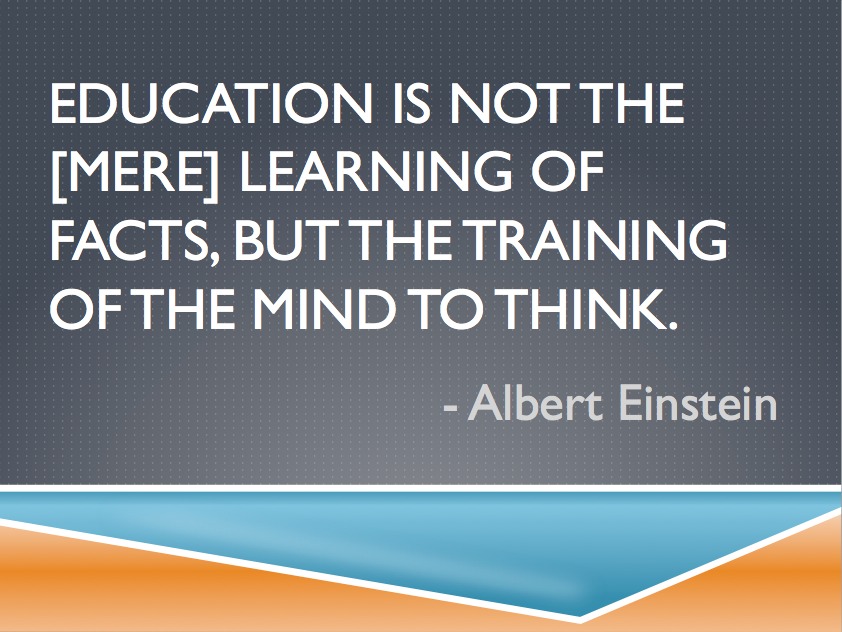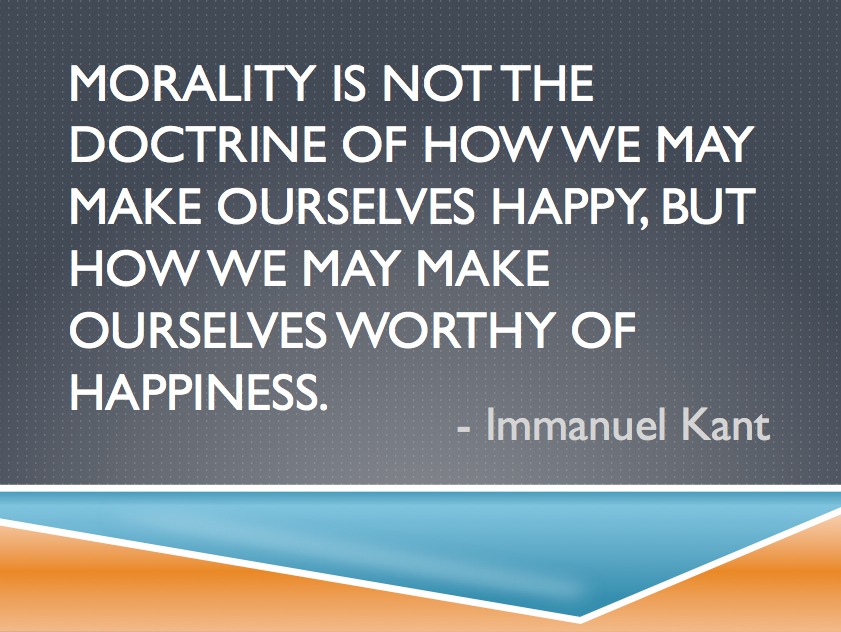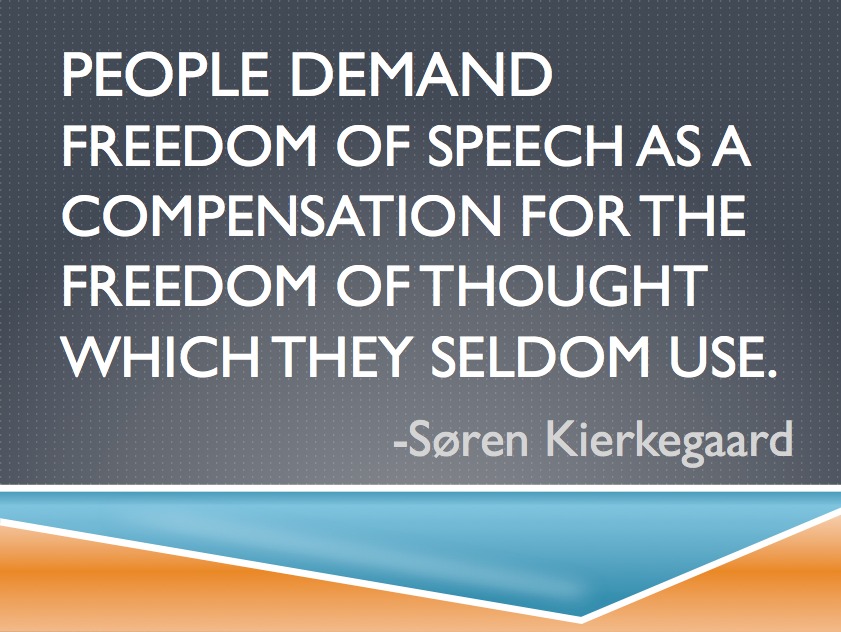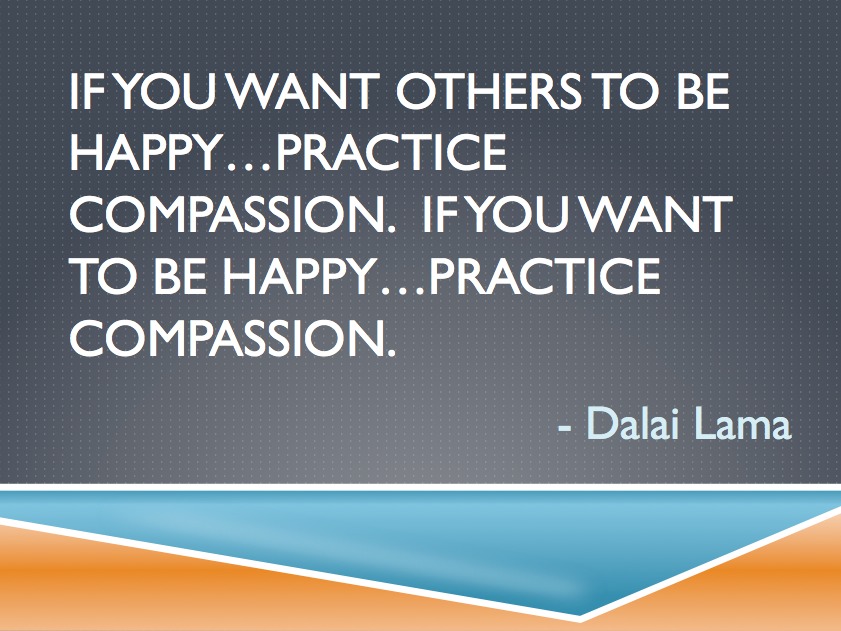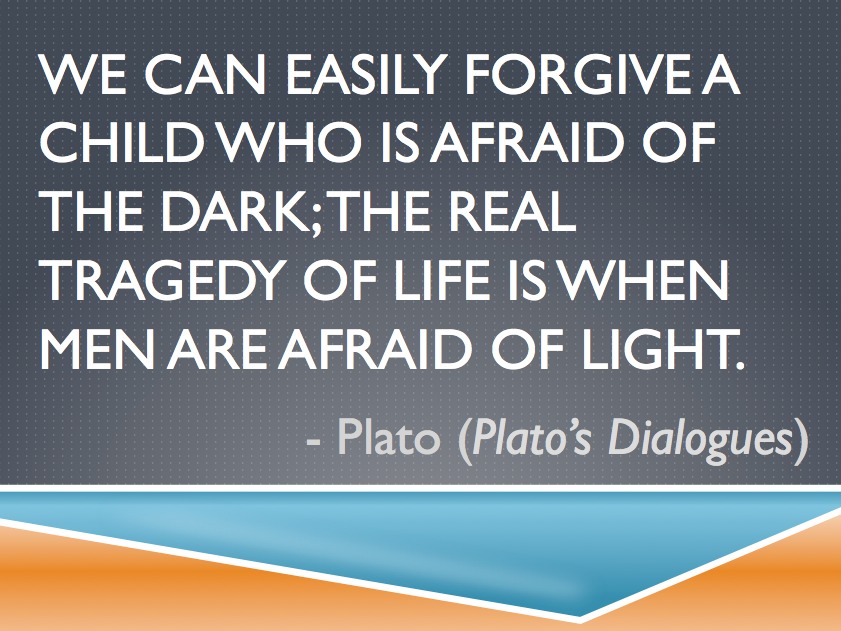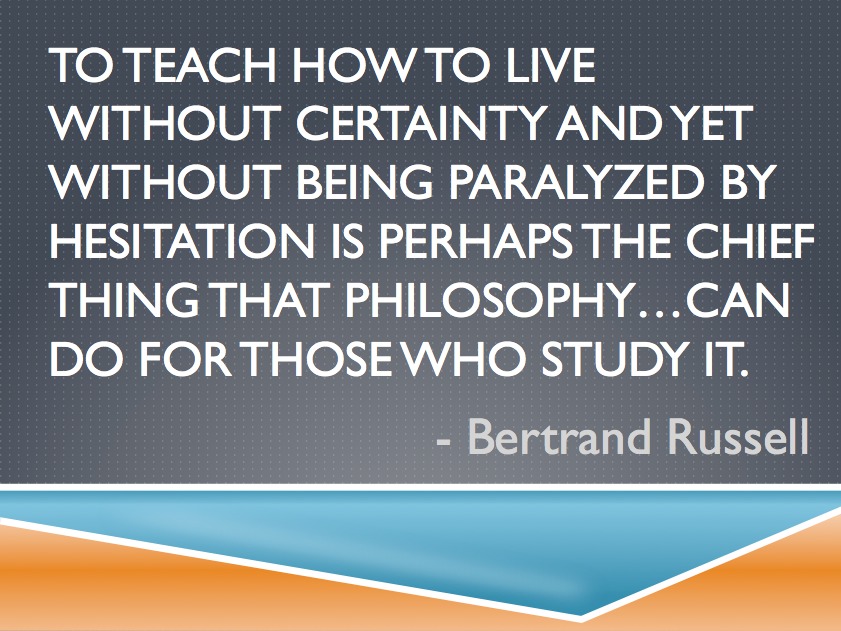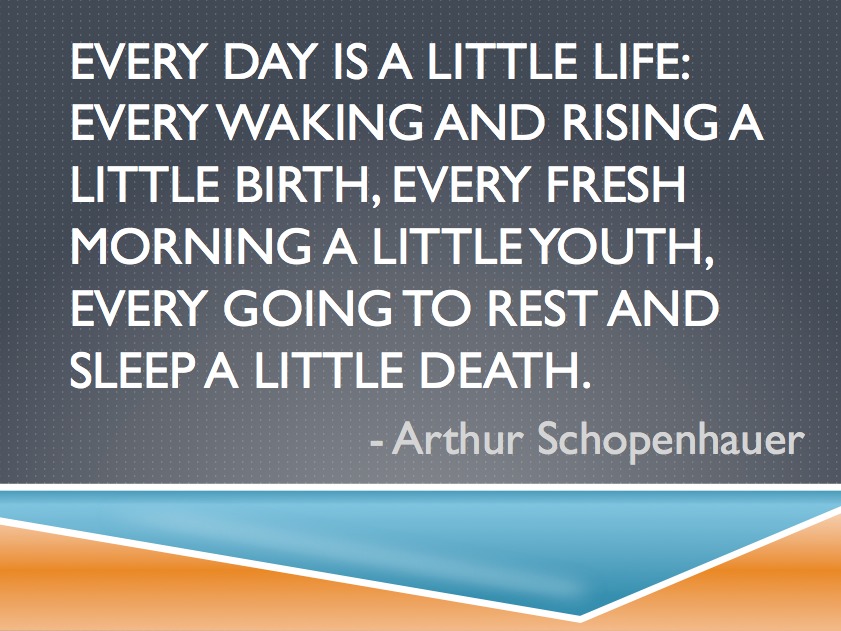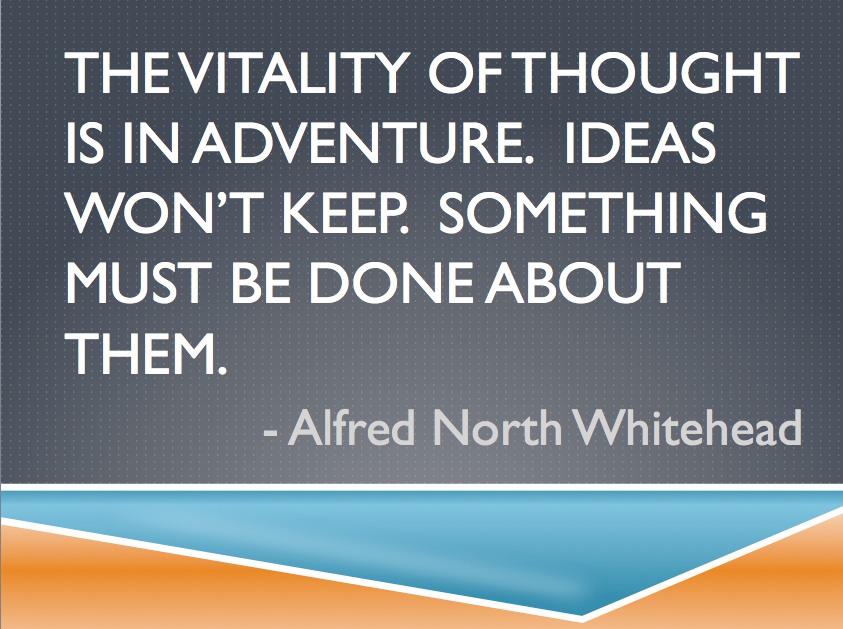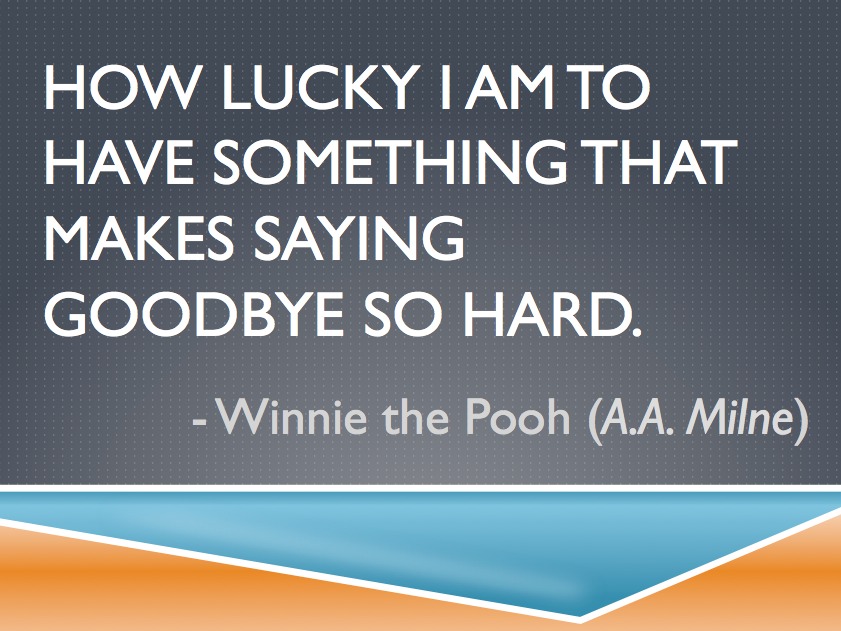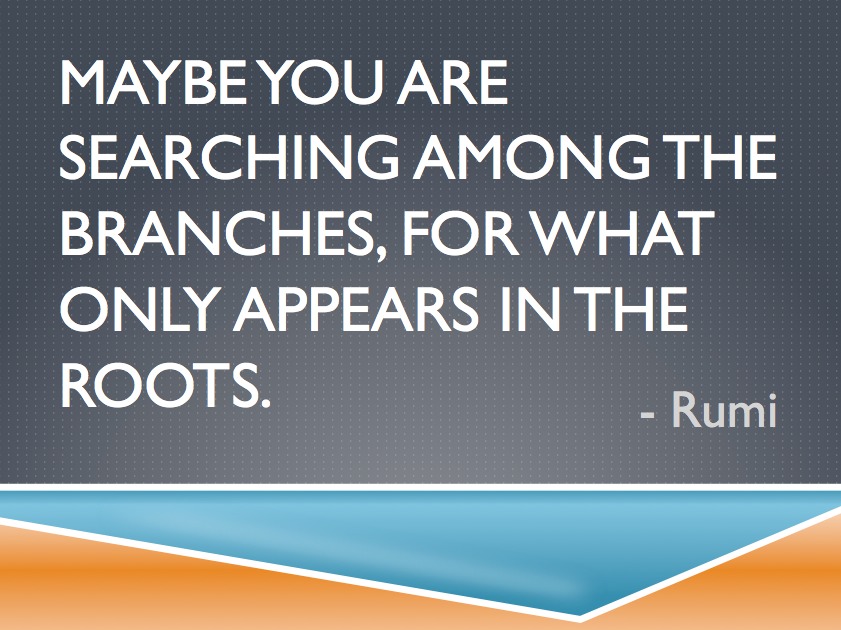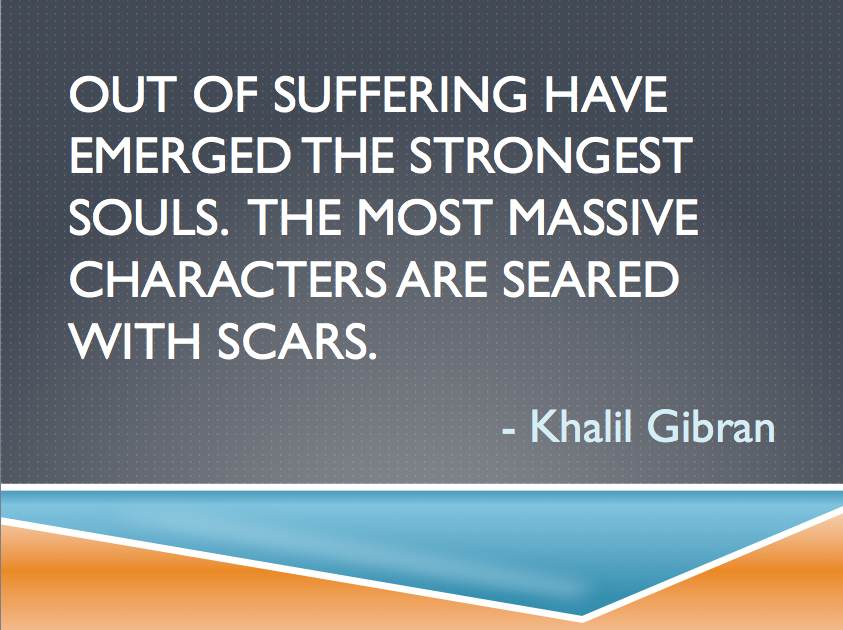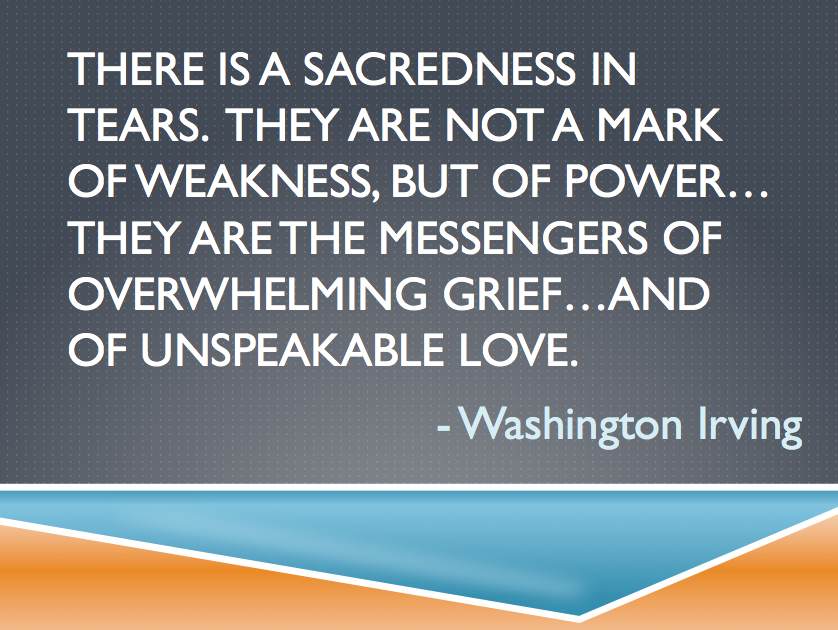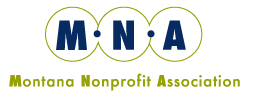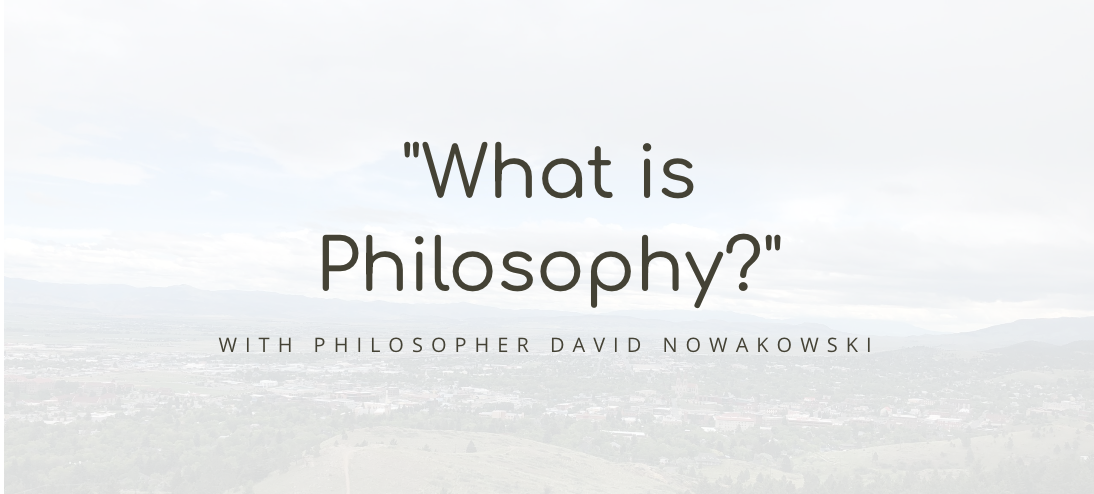
To celebrate the new year, we kicked off our 2021 workshop series by going back to the beginning. What is philosophy? What does it involve, what does it do, and why should we care?
For this first of four workshops in the series, we began with the basics. Our discussion started with some traditional definitions of philosophy that were popular in Alexandria in the 6th century CE, and then move forward and backward in time, and across continents in space. Alexandria was a great center of learning: a place where for centuries, pagans, Christians, and travelers from all over the world came together to study and share their knowledge. By the 6th century, scholars could look back over more than 1,000 years of Greek philosophy, taking stock of a rich and diverse intellectual legacy.
Based on their final synthesis, we surveyed several approaches to the question, “What is philosophy?”, each of which raised its own further questions for reflection and discussion:
- Philosophy is a way of life, with living, embodied practices that can in some way improve, complete, or fulfill our lives. How can the study, and the practice, of philosophy change our lives for the better?
- Philosophy is preparation for death, through self-knowledge and understanding of our world. How does the practice of philosophy help us to face life, and death, with strength and courage?
- Philosophy is cosmogony: a deliberate act of creating the world in which we live—crafting it, shaping it, and bringing our world into being at every moment. How can the philosophical act shape both our own private worlds, and the wider world that we share in common?
- Philosophy is the art of arts, and the science of sciences, occupying a special place with respect to all other creative and intellectual endeavors (which is why top chemists, historians, economists, and physicists all have “Ph.D.”—“Doctor of Philosophy”—after their names). What special perspective does philosophy bring, which can support or enrich all these areas of human life and culture?
We also took a quick tour of the major areas or divisions of philosophy, as they developed in Greece, India, and elsewhere.
Videos
(Workshop Introduction & Session Recordings )
Resources
(Workshop Handout & Reading Recommendations)
~ Click on the pdf image to view/download ~
Additional Resource Provided by Workshop Participant
“The Well-Ordered Heart: Confucius on Harmony, Music, and Ritual”
(Jensen Armstrong Kirkendall, Azusa Pacific University, December 14 201)
**Thank you, James, for sharing this resource with us!**
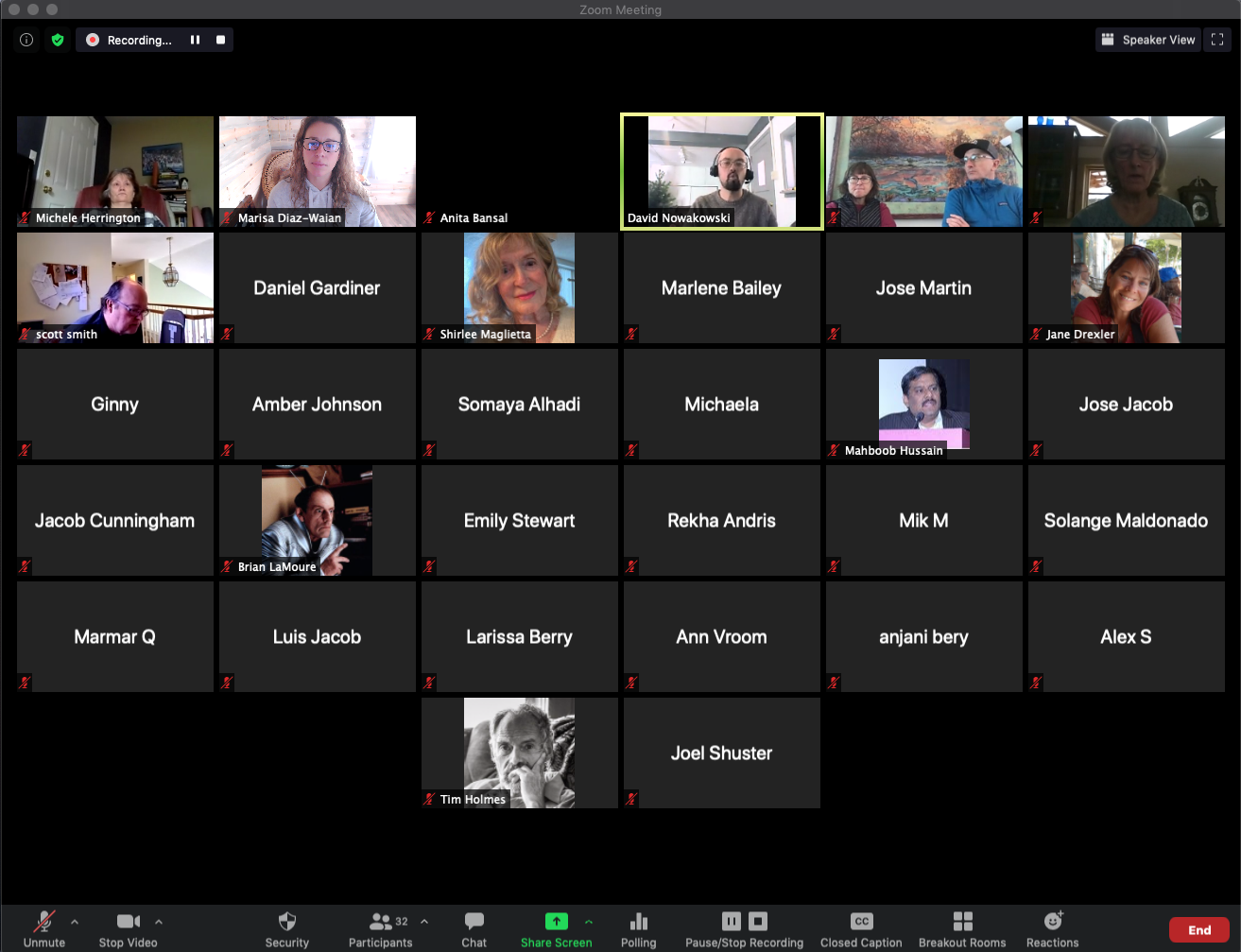
About the Workshop Leader...
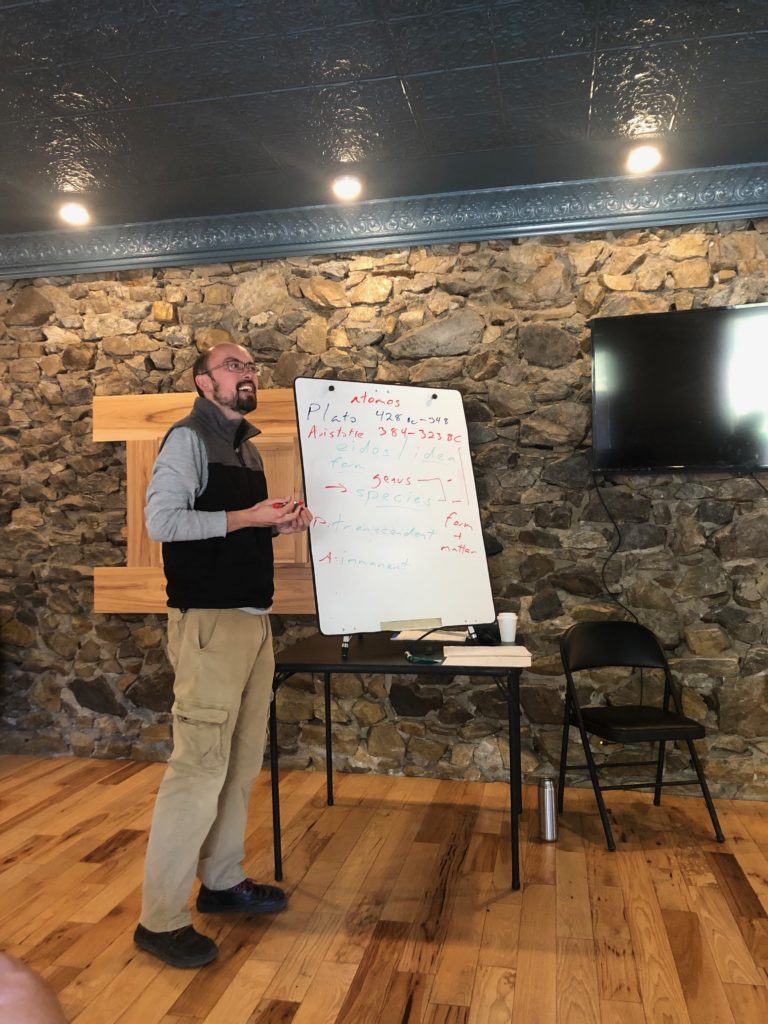
David is as a philosopher and educator whose professional work is dedicated to helping people of all ages and backgrounds access, understand, and apply the traditions of ancient philosophy to their own lives. A lover of philosophy and the great outdoors, David is currently building his own consulting practice and serves as a Philosophical Advisor and Consultant for Merlin CCC & Senior Mentor for scholars in the Merlin Fellowship Program.
David began studying ancient philosophies and classical languages in 2001, and has continued ever since. A scholar of the philosophical traditions of the ancient Mediterranean (Greece, Rome, and North Africa) and of the Indian subcontinent, reading Sanskrit, Latin, and classical Greek, he earned his Ph.D. in philosophy from Princeton University in 2014. His work has appeared in a variety of scholarly journals, including Philosophy East & West, Asian Philosophy, and the Journal of Indian Philosophy; as well as in presentations to academic audiences at Harvard, Columbia University, the University of Toronto, Yale-NUS College in Singapore, and elsewhere.
A hermit by nature and by committed choice, he balances contemplative solitude with his active work in teaching, counseling, and the healing arts. We are elated to be collaborating with David on our philosophy in the community activities, fellowships, and other Merlin projects.
Thank You’s


Thank you to Humanities Montana and P.L.A.T.O. (Philosophy Learning and Teaching Organization) for helping support our philosophy in the community programs and making events like this possible! This workshop was part of our “Thinking as a Community” project.

